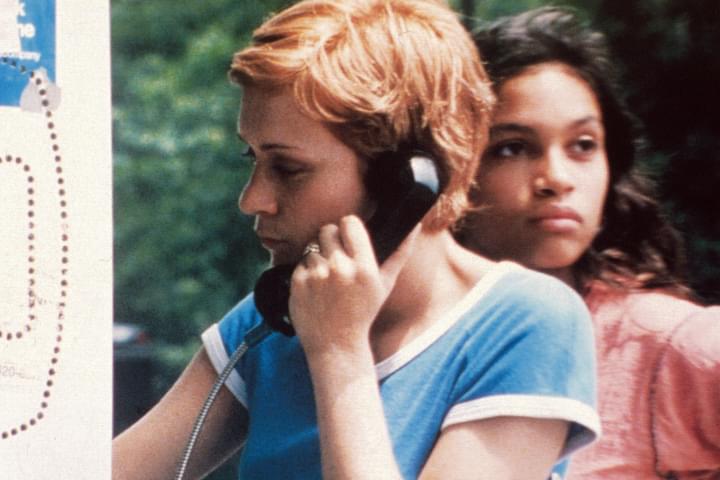Early Childhood Financial Education
It's never too early for children to learn the art of handling money. Even pre-school-age children can benefit from financial training through games of give-and-take that serve to enforce the concepts of planning, earning, saving and giving. Children who learn good financial habits from their parents tend to carry these skills into adult life. They often make better choices than their peers who lack exposure to thrifty habits that help create a healthy financial lifestyle.
Build Strong Math Skills
Children need to be confident using mathematical concepts in their lives. There are a number of ways to help children understand money and investing, but many experts believe instilling confidence with mathematical concepts at a very early age is the best method. Young minds pick up new concepts readily, so there is no reason not to begin counting games during the pre-school years and continue to build on them throughout the elementary years with increasingly complex concepts. By middle school, children should be able to understand the basics of investments and comprehend the ideas behind retirement savings using 401K plans and IRAs.
There are three important ways to achieve this goal:
- mathematical communication skills
- problem solving abilities
- mathematical reasoning
By using mathematical communication skills, even two and three-year-olds can learn about the symbols that represent money, which can include the dollar sign, the decimal point and commas. They can be given realistic looking paper money to handle and talk about, and they can exchange them for things they want at a classroom store. This concept dovetails nicely to problem solving abilities. Learning about the value of money is a fairly simple concept to teach children once they understand the concept that different bills and coins are worth different amounts. Basic counting skills can start during the pre-school years and become more complex during the elementary years. A good grasp on these skills makes the children comfortable and able to move to mathematical reasoning, a concept that ties it all together and allows children to make purchases and learn how to discuss the value of what they possess.
Putting It Together
Understanding money and math concepts is only part of the picture. While children are getting a grasp on numbers, they can also start learning about setting goals, saving and spending money, earning money and most importantly, giving.
Kids are targets for advertising efforts. Ask any parent what happens in the grocery store when a toddler spots a box of Disney fruit chews on the shelf. Getting a handle on this behavior and helping little ones plan a purchase helps tap down the urge to have everything in that moment. It also helps kids to really think about purchases that might be at the bottom of the toy box or eaten in a matter of hours. Even small purchases can enforce the concepts of saving and spending. Just how many chores does it take to make the cash to buy this item? Is it really worth the money that is difficult to earn?
The concept of giving is also part of learning about finances. Encouraging a child to give a portion of what they earn to a charity goes a long way toward putting emphasis on this point. Also, a generation that grows up giving to others helps create a society that is more positive toward those who require a helping hand.
Good financial habits are learned over the course of a childhood and not something that waits until a teenager gets a job, wants expensive clothes and a car. The small steps of understanding math concepts, learning to plan, save and give that will serve a child well as they enter adulthood. It's never too early to start, so don't hesitate to offer a short lesson in money management to very young children.
License: Creative Commons image source
Amy Thomson writes about technology, career success, and education. When she’s not writing, she’s skydiving over the Rocky Mountains.

When most women leave the hospital after having a baby, they receive a brochure about postpartum depression(PPD) that may feature a photo of a woman looking bereft, sad, ...

Rosie O’Donnell’s 17-year-old daughter Chelsea has been missing since last week, the TV star confirmed on her website. The teen and her 6-month-old therapy d...


Comment using Facebook